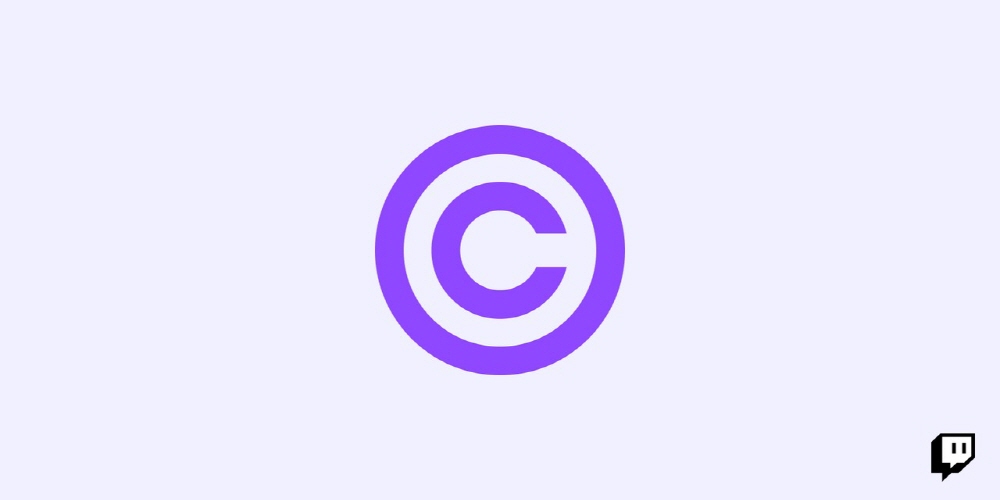
On November 11 (local time), Twitch issued a statement of apology for the mass video deletion that took place in October. On October 20th, Twitch deleted mass videos, claiming that they used music that violated the copyright law based on claims based on the DMCA of the Digital Millennium Copyright Act.
Twitch updated its official blog on November 11th, saying that he understands the feelings of creators. The frustration and confusion over the recent music-related copyright issue is quite natural, and more about what’s going on and what tools and resources are being built. He apologized for mass deletion, saying it would increase transparency.
Twitch also explained that it was for copyright protection under the DMCA, but since the DMCA was enacted in 1998, it was not that Twitch suddenly urged the protection of copyright laws in October 2020. In response, Twitch said that Twitch received less than 50 DMCA notifications per year about music until May this year, but since May, major record labels have received thousands of DMCA notifications every week. He said he was surprised by the rush. It revealed that the number of copyright-related applications was increasing rapidly from May to October 2020.
According to Twitch, between May and mid-October 2020, 99% of all DMCA notifications were related to music used as streaming BGM. Reports pointed out that Twitch’s massive deletion was due to the tightening of RIAA regulations from the American Record Industry Association. The RIAA has only filed 710 applications since 2017, but pointed out that it has filed more than 1,800 claims for copyright infringement against Twitch in June 2020 alone. Twitch did not disclose specific applicants after the mass DMCA notification, but this announcement supports the expectation that the DMCA notification sent by the RIAA is initiating.
While Twitch clarified that the main label pressure was behind the mass deletion, there were also a number of mistakes on the part of Twitch, including the lack of notices sent to creators and the failure to provide tools to properly manage creators and content. I admitted and apologized for this, and at the same time promised three improvements.
The first is that it strengthens the technology to detect copyrighted sound sources, while also providing an option to delete all, as well as an additional option to cover only the infringed scope. The following makes it easier to manage music sources among contents. Twitch is building Soundtrack by Twitch, a music library that has already been licensed, but it intends to improve it so that the creators can use the sound sources they have acquired their rights to. Finally, for DMCA notices, we will provide an easier way for creators to review and dispute the claim.
Foreign press said this announcement would be the first step in the right direction for Twitch, but it wasn’t forgotten that there was a problem that Twitch had not implemented it so far. Related information can be found here .

